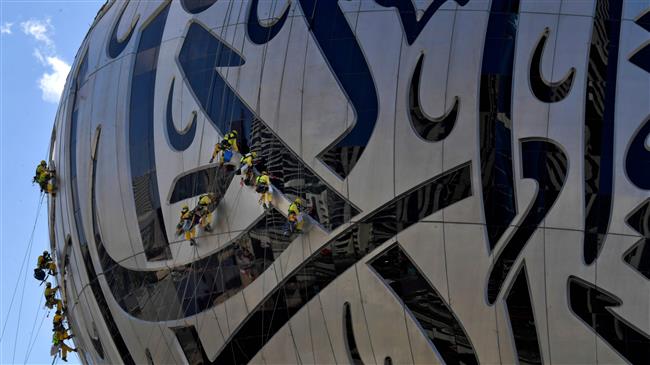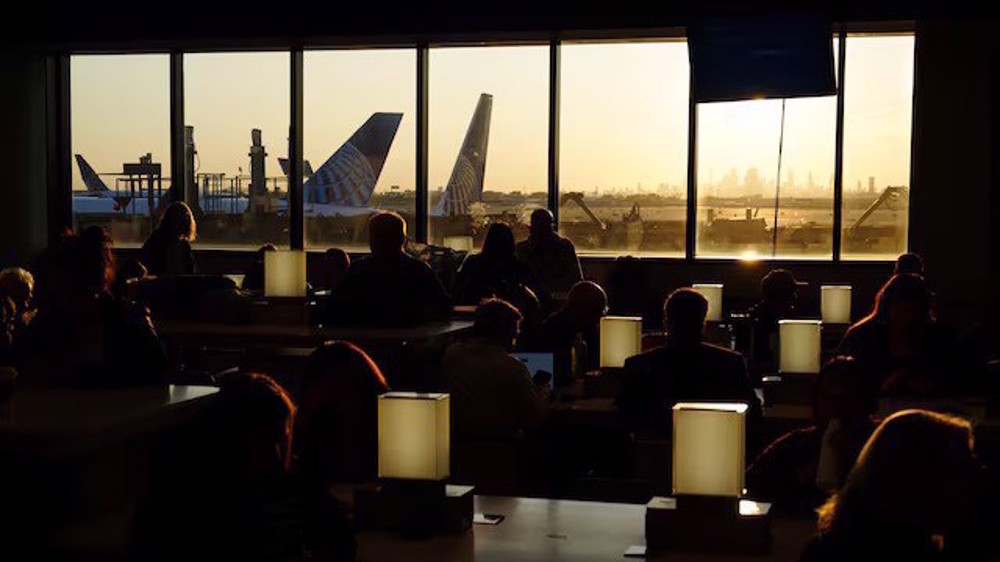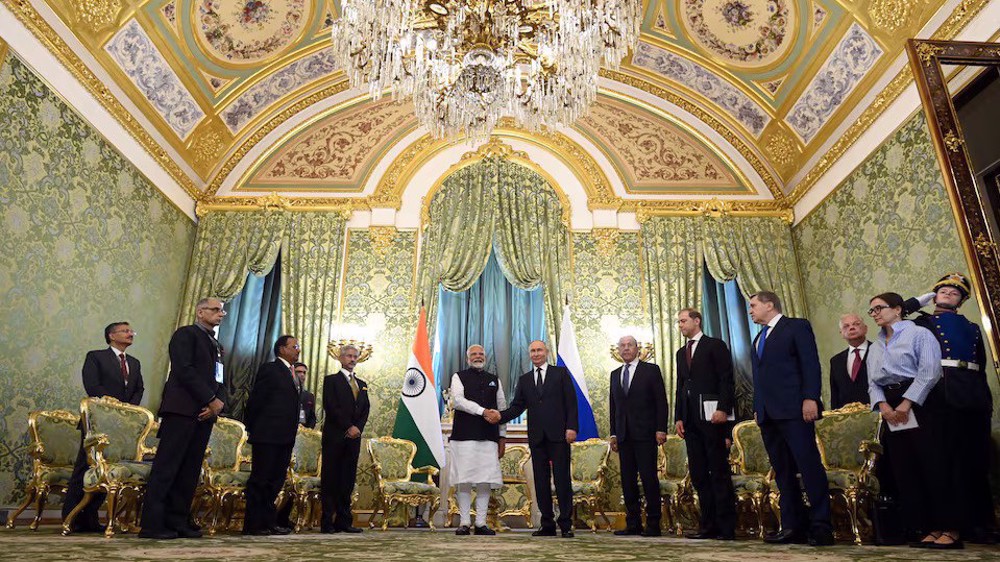UAE, Arab states of Persian Gulf face grim debt prospect
The United Arab Emirates and other Arab countries of the Persian Gulf region is expecting higher levels of government or government-related debt next year, shows a projection by the Fitch rating agency.
The Fitch said in a publication covered by Reuters news agency on Saturday that Government-related-entity (GRE) debt in six Arab states of the Persian Gulf will surge next year amid lower crude sales and other economic problems in those countries.
“The economic contraction in 2020 will further exacerbate leverage ratios and magnify the risks of GRE liabilities crystallizing on government balance sheets,” said the agency.
The UAE, one of the major oil sellers of the region along Saudi Arabia, is specially struggling to contain rising levels of debts in state-related entities.
Some emirates in the UAE, notably Dubai, are grappling with high levels of debt as recent estimates suggest Dubai rulers owed nearly $34 billion at the end of June although total debt of government-related entities in the emirate were unclear by that date.
Dubai borrowed $20 billion from Abu Dhabi in 2009 amid a major debt crisis which could force companies related to the government to the brink of default on billions of dollars of debt.
Dubai rulers have issued $2 billion new bonds this year to finance their financial problems.
The Fitch estimate showed that Oman and Qatar will also suffer considerably as a result of rising debts next year with a drop in their sovereign rating expected over the next few months.
It said Arab government would have no option but to issue new debts to rescue those entities as they have always been viewed as very important to the national economy and prestige.
Lower sales of oil this year, mainly as a result of the spread of the coornavirus and the subsequent hit to the global demand for fuels, has dealt a major blow to the economic aspirations of oil-rich countries in the Persian Gulf.
Saudi Arabia, once boasting of its vast sovereign fund, has seen its reserves shrunken in recent years because of a steep fall in international oil prices.
Iran, another major oil producer in the Persian Gulf, has been largely spared of the impacts of the global oil crisis as the country has relied less on crude sales because of a series of American sanctions that have been in pace since the middle of 2018.
Palestinian resistance fighters hit Israeli Merkava 4 tanks
VIDEO | UK police brutal assault on Muslim family sparks outrage, protests
Hamas: Death of leader in Israeli jail amounts to murder
EU sends €1.5 billion to Ukraine from frozen Russian assets
VIDEO | Millions of Yemenis rally for Gaza, call for more anti-Israel operations
UN chief calls for Olympic truce as games begin in Paris
Paris Olympics begin as sports world reeling from loss of 400 Palestinian athletes in Gaza war
Iran warns ‘sworn enemies’, says sidekicks of US, Israel ‘displaced’ with bloody hands












 This makes it easy to access the Press TV website
This makes it easy to access the Press TV website